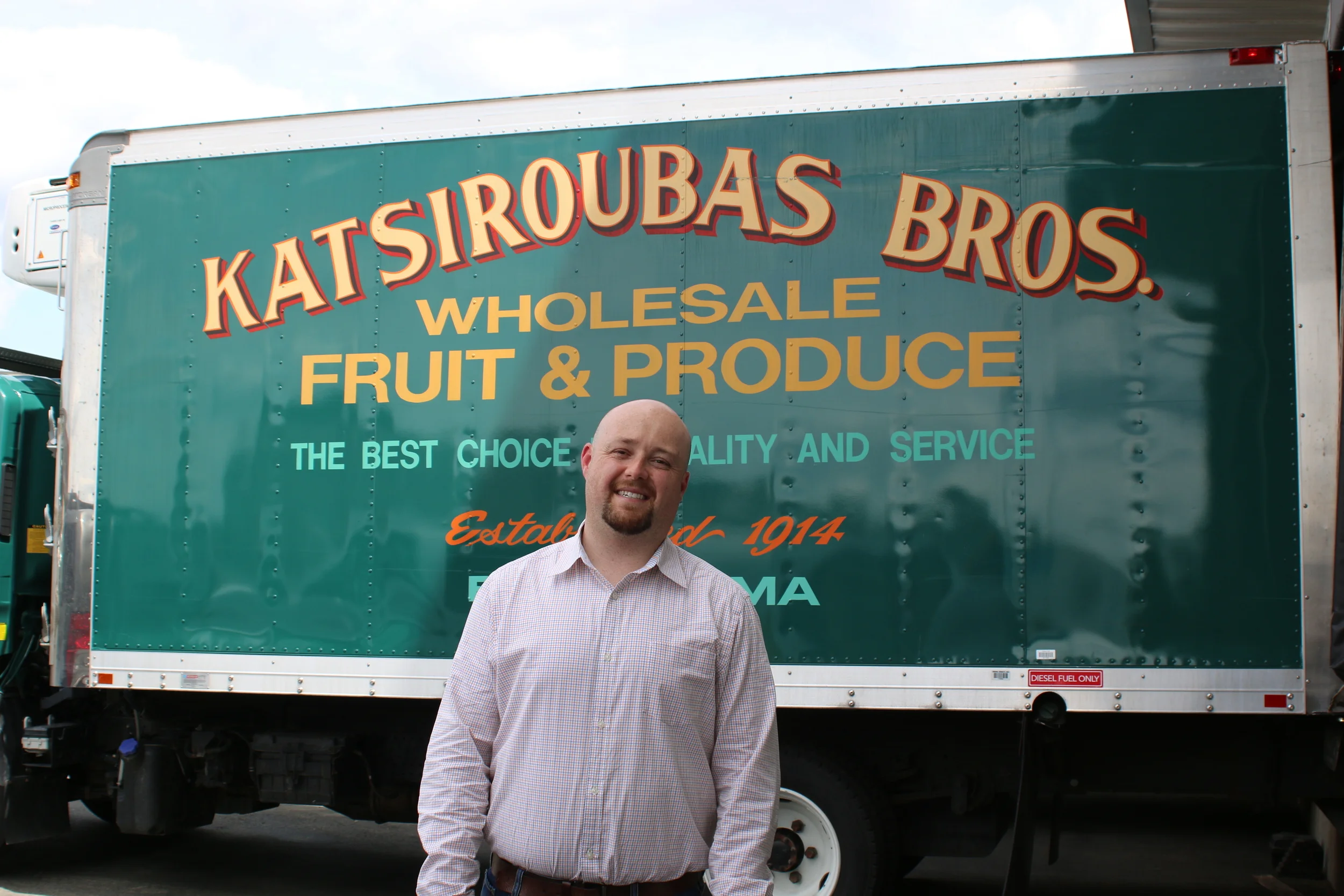On January 15, 2016, Freight Farms delivered a brand new Leafy Green Machine to Clark University Campus in Worcester, MA. This university deployment was so unique because it holds historical significance for both Freight Farms and its co-founder, Brad McNamara.
Read MoreWhen I take home weekly bags (and bags and bags) of greens from our Freight Farms HQ container, I inevitably reach a point where I run out of recipes for swiss chard, escarole, or mustard greens. To improvise, I switch between these five basic ways to eat leafy greens.
Read MoreWith this large network of farmers growing in the LGM we’ve been able to collect a lot of data. Everything from grow times and crop yields to business expenses and produce pricing. With that, we’re now able to move away from projections and provide real-life examples of what the farm can do.
Read MoreToday there are over 108 freight farmers, in 2 different countries, operating in drastically different climates, growing an enormous amount of local food for their communities.
Read MoreToday we deployed a second Leafy Green Machine to yet another university campus in Massachusetts. Welcome UMass Dartmouth to the Freight Farms network!
Read MoreWe’d like to formally introduce you to Jerry Martin, owner of Vet Veggies and our first Veteran freight farmer.
Read MoreOne of the best things about having a Leafy Green Machine at our office in Boston is that we can experiment with growing crops that we’ve never grown before. We do this so we’re able to learn more about what grows best, and relay that information onto our freight farmers.
Read MoreWe’re thrilled to finally announce the first university campus to integrate the Leafy Green Machine into their dining operations. Stony Brook University in New York is already a leader in sustainability, but decided to take things a step further by growing food right next to its dining hall.
Read MoreThis week is National Farmers Market Week and the timing couldn’t be better, as we celebrate the local food marketplaces strengthening communities across the US, we’d also like to highlight one incredible project that was launched here in Boston.
Read MoreLocally, we’re seeing the benefits of these new approaches to learning. Two Massachusetts schools are leading the charge: one school operates their own Leafy Green Machine, and another is enabling students to envision, create, and test their vision for creating a more sustainable food system.
Read MoreLast week was jam-packed as Freight Farms represented at two events in Boston and Las Vegas, showcasing our innovations in ag-tech and provoking conversations on how to harness them for the greater good.
Read MoreK-12 teachers are creating new, forward-thinking curricula that focuses on tremendously important topics like a sustainability, climate change, and food.
Read MoreWe spent countless hours testing and developing to make the newest model of the Leafy Green Machine sleeker, more energy efficient, and easier to use.
Read MoreThe growth of the industry has allowed us to focus on what we’re doing to grow more local, pesticide-free food and create a general acceptance of hydroponics as a viable growing technique.
Read MoreBack in 2010 when Freight Farms was just beginning to establish itself, “Ag Tech” hadn’t gained much traction as an industry.... Fast forward 5 years and it’s become a rapidly-growing industry that we’re thrilled to have pioneered.
Read MoreAt Boston Latin School, students in the after-school Green Club just got a new toy: their first Freight Farm. Controlled-environment, meet the learning-environment.
Read MoreFreight Farms provides a tool for schools to make an immediate impact on their local food supply - simply place one on campus and get growing!
Read MoreFreight Farms is unveiling the newest model of the Leafy Green Machine (LGM for short) and we want to loop you in with the newest and greatest features of the system!
Read MoreAs one prominent, locally-based company wraps up their 100th year in business, we’d like to recognize their continued contributions to strengthening the local food economy here in Boston, as well as the whole New England region.
Read MoreRyan Sweeney, owner of Localize, successfully grew basil throughout the long, treacherous winter that Minnesota is known for. He sent us this snapshot in early January - despite the temperature outside being -21°F, with a windchill of -40.
Read More



















